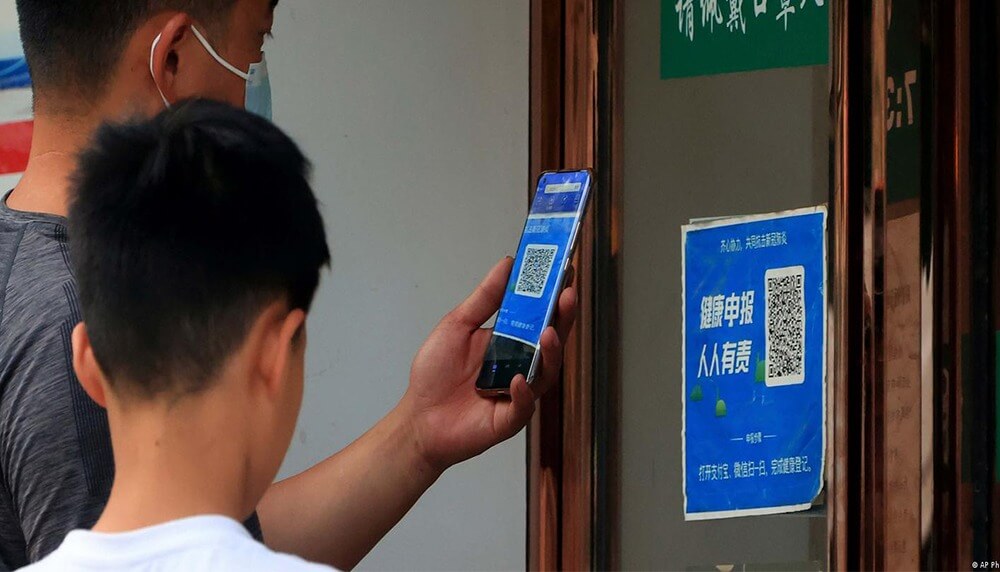In the latest release, the controversial “itinerary code” restricts COVID.

People in China on Tuesday celebrated the withdrawal of a state-mandated app used to track whether they have traveled to areas affected by COVID-19 in the latest relaxation of some of the world’s strictest anti-virus rules.
China began dismantling critical parts of its strict “zero COVID” regime last week in the wake of last month’s massive curbside protests that marked the most prominent display of public discontent in mainland China; meanwhile, President Xi Jinping came to power in 2012.
This has included scrapping mandatory testing before many public activities, curtailing quarantines, and now shutting down an app called the “itinerary code,” which critics have argued could be used for mass observation and social control of the population.
When authorities disabled the app at midnight on Monday, four Chinese telecommunications firms said they would delete user data associated with the app. Netizens took to the social media platform Weibo to cheer on her demise.
Itinerary codes have been used mainly to track domestic travel within China. At the same time, authorities also use so-called health codes that residents must scan to enter public places to determine whether they may have been in contact with the virus.
While authorities have yet to announce their demise, several cities, including Shanghai, have said residents are no longer required to show these codes when entering shops and restaurants.
Opening up
The lifting of restrictions comes ahead of next month’s Chinese New Year holiday, when many people are expected to travel across China to visit family for the first time in years.
Beijing’s envoy to the United States said on Monday that he believes China’s COVID-19 measures will be eased shortly, and international travel to the country will also become more manageable.
China has closed its borders to international travel since the pandemic first broke out in the central Chinese city of Wuhan in late 2019. International flights are still at a fraction of pre-pandemic levels, and arrivals face an eight-day quarantine.
Border closures and repeated lockdowns in significant cities to stamp out the virus have hit the world’s second-largest economy.
While lifting controls is seen as improving the outlook for global growth in the long term, analysts say Chinese businesses will struggle in the coming weeks as a wave of infections causes staff shortages and worries for consumers.
The spread of the disease, evidenced by long lines outside clinics and testing centers recently, is also likely to increase pressure on China’s fragile health system, which experts say could be quickly overwhelmed. In the Chinese capital, Beijing, empty seats on commuter trains and deserted downtown restaurants underscored some people’s reluctance to embrace newfound freedoms.